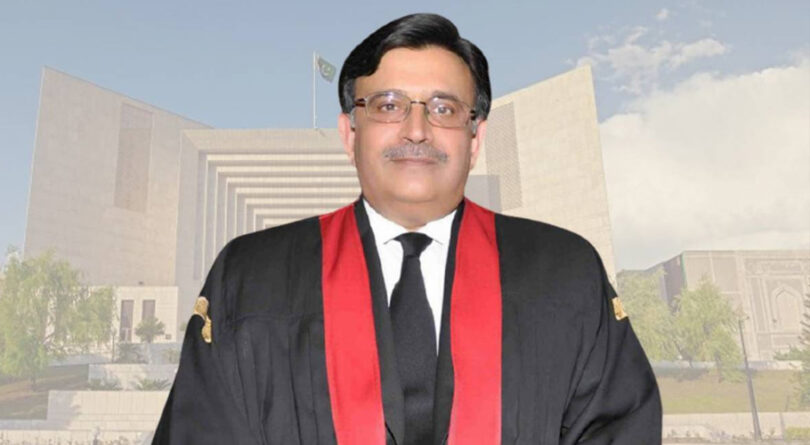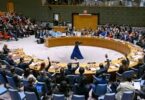Recently, the Chief Justice of Pakistan (CJP) Umar Ata Bandial took a suo motu notice regarding an apparent delay in the elections of provincial assemblies in Punjab and KP and constituted a larger bench of the apex court to hear the case and resolve the issue amicably. A nine-member bench headed by Chief Justice Umar Ata Bandial heard the case on Thursday to determine the eligibility to issue the date for polls in the center and provinces along with the constitutional role of various state organs in the conduct of elections with a particular focus on the current limbo in Punjab and Khyber Pakhtunkhwa.
The state of Pakistan has witnessed ever-widening political disagreement, and internal disunity, along with the worst economic challenges and terrorism that shattered the core system of the country. A war of tug is continuing between warring political factions with the ultimate purpose of gaining power in the center as well as provinces, while the state constitution and government institutions fell prey to the self-conceived appreciation and implementation of the relevant laws and authority by the coalition government and its opponent. The political division has deepened and the public became frustrated by the selfish politics of the leaders that not only ruined the national economy but badly tarnished the core fabric of the society over the past more than one year.
The provincial assemblies of Punjab and Khyber Pakhtunkhwa were dissolved by the concerned Chief Ministers on January 14 and 18, respectively. The constitution mandates that polls must be held within 90 days of the dissolution of the assemblies in respective constituencies. Multiple authorities including the governors of respective provinces, the Election Commission of Pakistan (ECP), and the President have a role in setting dates for the conduct of the election but so far, all those authorities have conflicting opinions regarding the current situation vis-a-vis the laws regulating the electoral process. The governors of both provinces refused to announce an election date while quoting legal, and administrative issues, the ECP was confused about its mandate while the President took the lead and unilaterally announced dates for holding of election in Punjab and KP. Interestingly, the Ministry of Finance expressed its inability to provide additional funds required for the conduct of the election because of the current economic crisis and the Ministry of Defense demanded an apology for providing troops for the security of the election as the military was engaged in counter-terrorism campaign and national census currently underway in the country.
Presently, several petitions have been filed by contesting political groups in different High Courts in the country. At the same time, legal and political experts along with the Supreme court and High Court bars are divided and have divergent views on the issue. The Chief Justice of Pakistan has taken a sane decision to address the issue by constituting a larger bench of the apex court. However, a large faction of society and some political groups had raised concerns over the larger bench that created doubts regarding this endeavor at an early stage. Apparently, the current fiasco is likely to create a big constitutional and political disaster for the country if not assessed and addressed preemptively. The prevailing political disagreement and confrontation merits a full bench comprising all honorable judges of the Supreme Court to get a definite verdict regarding this national issue. So this problem resolves once and for all and the nation moves toward political and economic stability.







